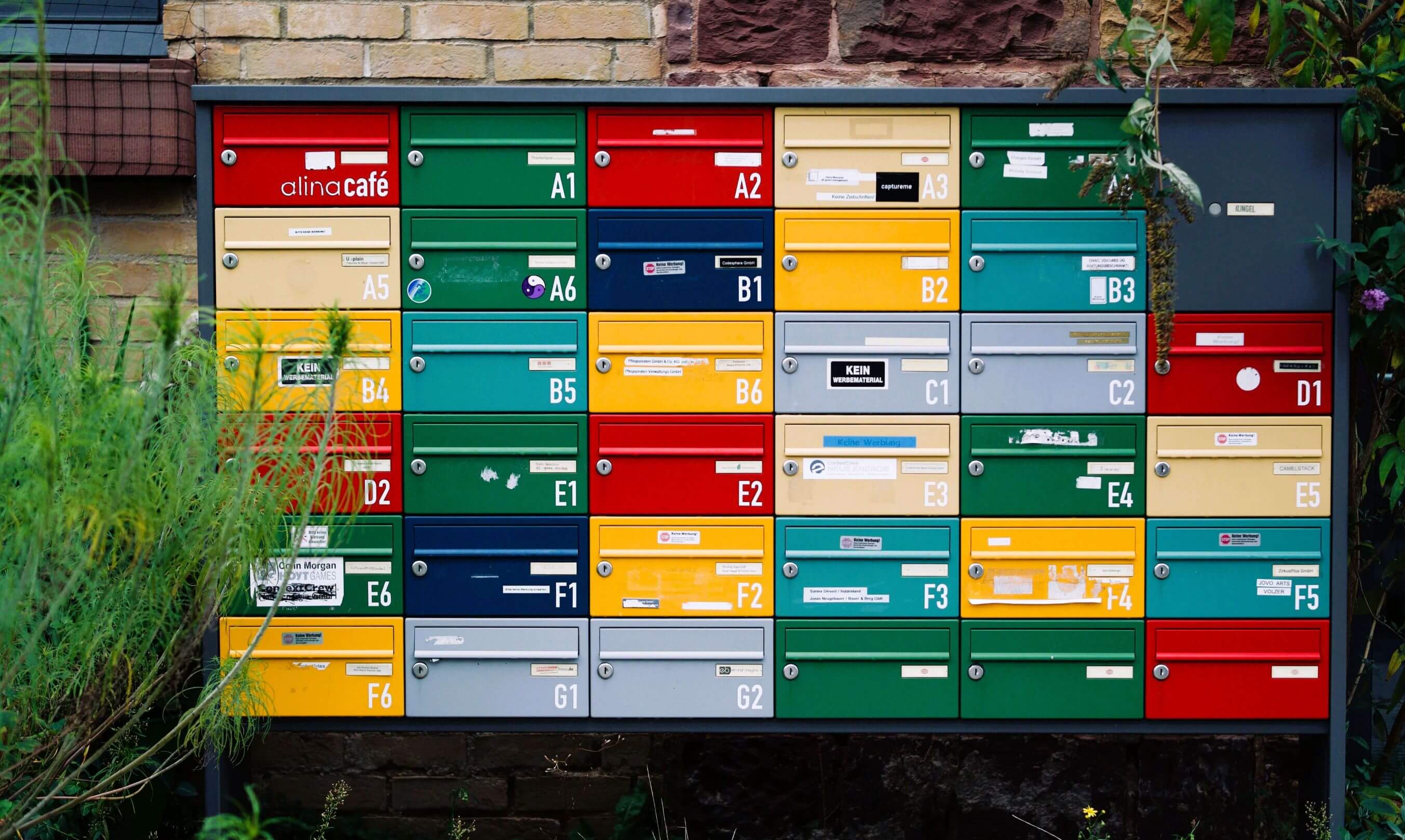- Home ›
- Standards & Regulations
Standards & Postal Regulations
Global, European & national

Today’s local, regional and global exchange of mail is based on postal regulations & a legal framework supported by technical & service-oriented standards.
The standards for the global postal network are developed and regulated by the Universal Postal Union (UPU), a special organisation of the United Nations.
Its members are 192 member states, most of them designated postal operators (DOs), i.e. the sole agency appointed to fulfil the obligations of universal service on their nation’s behalf – for example USPS, Royal Mail, Deutsche Post AG, Poste Italiane, etc..
The UPU determines the postal regulations & legal framework for its members’ interactions.
These include cross-border tariffs, access to preferential customs procedures, air transportation rates, freedom of transfer, the development of integrated logistics & clearing platforms, global letter post, parcel post and postal financial regulations, and are all exclusively reserved for the DOs.
Historically, governments have tended to directly adopt UPU global postal regulations, implementing them at national level.
UPU Striding Forward Into The Digital Age
Legal and regulatory affairs are at the core of the future developments at the UPU.
With its current focus on extending postal service provision into the internet, and the creation of its exclusive top level domain, .post, the UPU is moving out of exclusively postal territory.
Shifting its activities into the internet will have a global impact;
- DOs are moving into territory in which other organisations and business models are already established.
- This is a sphere in which DOs will be competing with all other postal service providers.
The European Union - A Threat To UPU Hegemony?
A chief aim of the European Union is to create an internal market for the free flow of goods and services.
This is reflected in recent European directives on postal liberalisation, now all adopted at national level, which are eating away at the traditional monopolies enjoyed by the designated operators.
The European Commission has also mandated work to develop technical standardisation for Quality of Service and further postal service automation. European standardisation covers letter and parcel boxes, hybrid mail and electronic postal services.
By their very nature, the actions of the EU run contrary to the intentions of the UPU: national postal incumbents use the “closed-shop” UPU to defend their business interests, whilst the EU is concerned to establish a level playing field for all postal service providers.
This divergence is also reflected in a drifting apart of legal definitions at global, European and national level (e.g. “universal service provider”, “postal parcel”) as well as the introduction of sector-specific regulations on subjects such as data protection.
The postal market is becoming more complex; already the rule of “one country, one designated operator” at the UPU has been breached.
Complexity brings challenges but, as ever, opportunities for those who understand them.
Postal Regulations Support Integration
Extending postal service provision into the digital age involves turning the basic physical universal service into an integrated service. The physical postal and digital / mobile infrastructure will be global, and based on a global legal and regulatory framework which is already partly in place.
These integrated services will continue to guarantee the core postal network values of mail integrity, trusted service provision and global interconnectivity, in both the digital and physical worlds.
Areas of change:
- Addressing the world, still a necessity at the core of
the global postal community, will gain speed, as physical addresses and other
means of identifying recipients will
become available and common use.
- The shift from desktop computing to mobile and cloud-based communication services will accelerate the development of legal and regulatory frameworks for postal services even further.
- Qualified, trusted e-delivery services and sector-specific data protection regulation, will lead to cross-border communication logistics, offering the backbone for electronic and mobile commerce which reflects the individual preferences of users of secured and trusted communication networks.
- The cyclical nature of physical postal networks – “next day delivery” – will be replaced by demand-driven solutions, based on the preferences of the recipient - the “time to delivery location” – and its value proposition.
How The Commerce Logistics Specialists Can Help
Walter Trezek is the Chairman of the Consultative Committee (CC) of the Universal Postal Union (UPU), as well as a member and chair of standardization committees at European level, making the Commerce Logistics Specialists uniquely qualified to advise companies and organizations about the nature and impact these legal and regulatory changes will have on their business.
Want to know more?
Check out the following articles on standards & postal regulations in the Advisory section of the website or on LinkedIn, or contact us directly to discuss how we could help your business.
- Home ›
- Standards & Regulations
Does this article cover a topic relevant to your business? Access the CLS Business Lounge for the market intelligence you need to stay ahead of the crowd. Find out more










